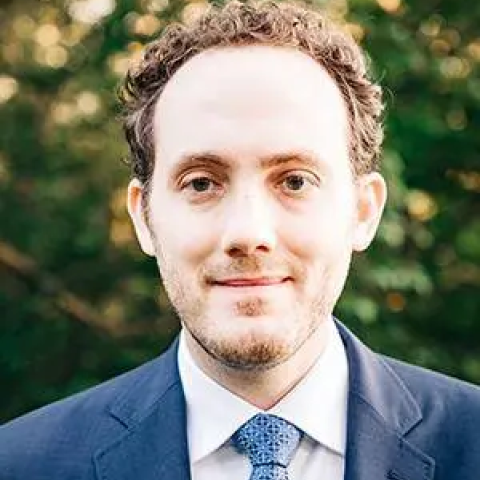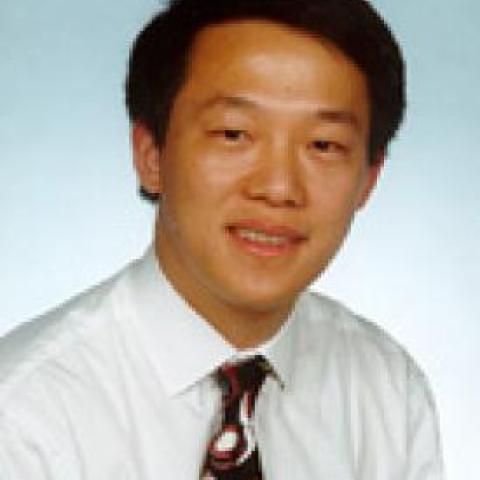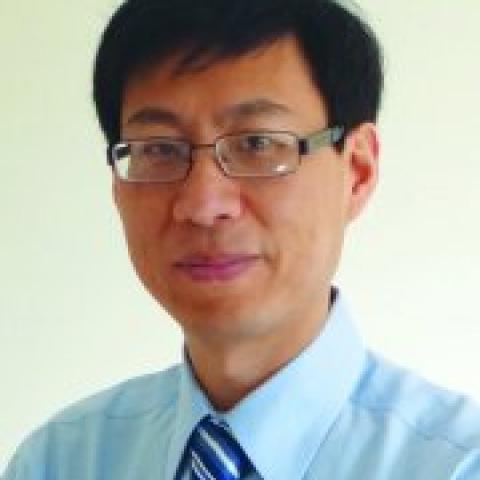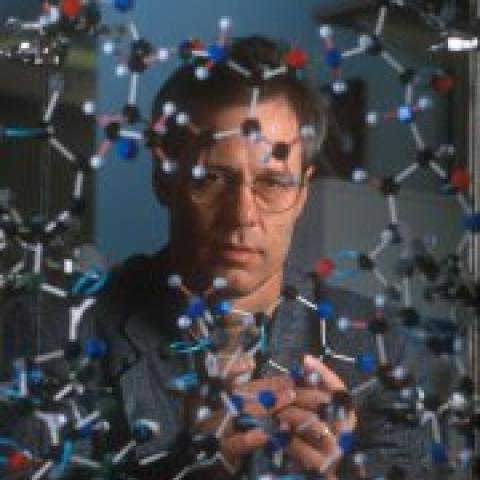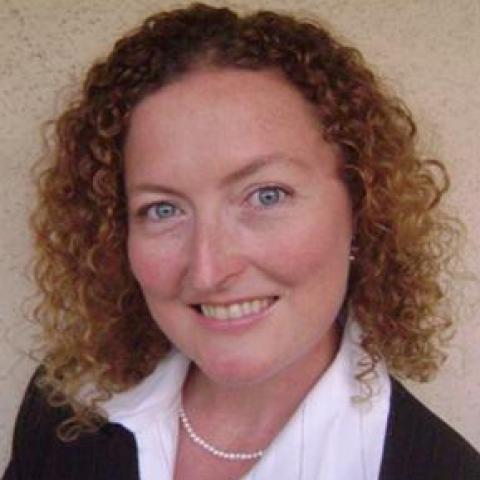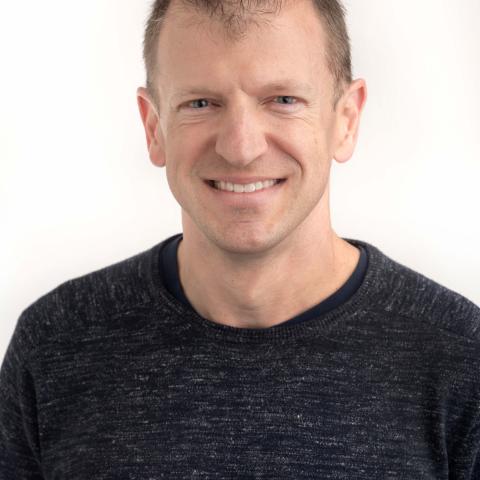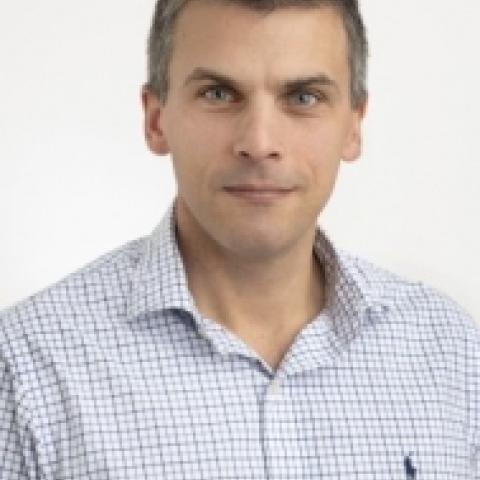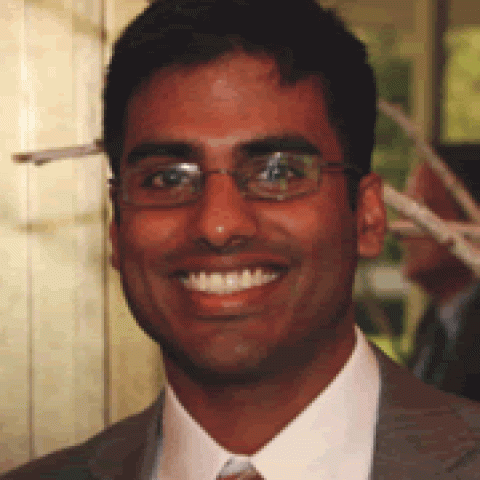Justin Kim
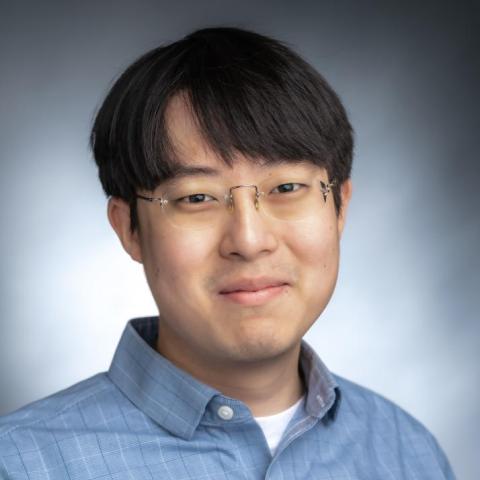
Justin Kim is an Associate Professor in the School of Chemistry and Biochemistry. He received his A.B. in Chemistry and Physics and an A.M. in Chemistry from Harvard College in 2003 then received his Ph.D. in Organic Chemistry from the Massachusetts Institute of Technology in 2013. After a postdoctoral fellowship as a Miller Institute Fellow at UC Berkeley and at Stanford University, he joined the faculty of the Department of Cancer Biology at Dana-Farber Cancer Institute and the Department of Biological Chemistry and Molecular Pharmacology at Harvard Medical School in 2016 as an Assistant Professor. He later joined the faculty at Georgia Tech in 2024. He is the recipient of the NIH Director’s New Innovator Award (2018), Thieme Chemistry Journal Award (2021), and the NSF CAREER Award (2023). Professor Kim’s research program is defined by the development of biologically relevant reactions for use in chemistry, biology, and materials science. His primary research interests are in expanding the functional repertoire of bioorthogonal chemistry, specifically exploring new bond-forming and breaking methods that enable platforms for discovering and targeting small molecule-protein and protein-protein interactions as well as for creating functionally dynamic biomaterials.
- Biomaterials
- Chemical Biology
- Drug Design, Development & Delivery
